The testosterone blood test UK is a diagnostic tool for androgen level assessment, aiding in hypogonadism or hormone imbalance detection. Prescribed by doctors for suspected testosterone production issues, results may recommend Testosterone Replacement Therapy (TRT). Prepare by fasting 8-12 hours, bringing ID & medical records. Select an ideal testing site and follow aftercare instructions to understand test results. Rest post-draw; results arrive within a week, with potential further testing or TRT discussion if symptoms persist.
Preparing for a testosterone blood draw is crucial for accurate results. If you’re located in the UK, understanding the process of a testosterone blood test is essential. This comprehensive guide covers everything from gathering necessary documents and prep items to fasting guidelines, preparing for the draw site, what to expect during the procedure, and post-test care. By following these steps, you’ll ensure a smooth and informative experience for your testosterone blood test UK.
- Understand the Testosterone Blood Test UK
- Gather Necessary Documents and Prep Items
- Fasting Guidelines for Accurate Results
- Locate and Prepare for the Blood Draw Site
- What to Expect During the Procedure
- Post-Test Care and Next Steps
Understand the Testosterone Blood Test UK
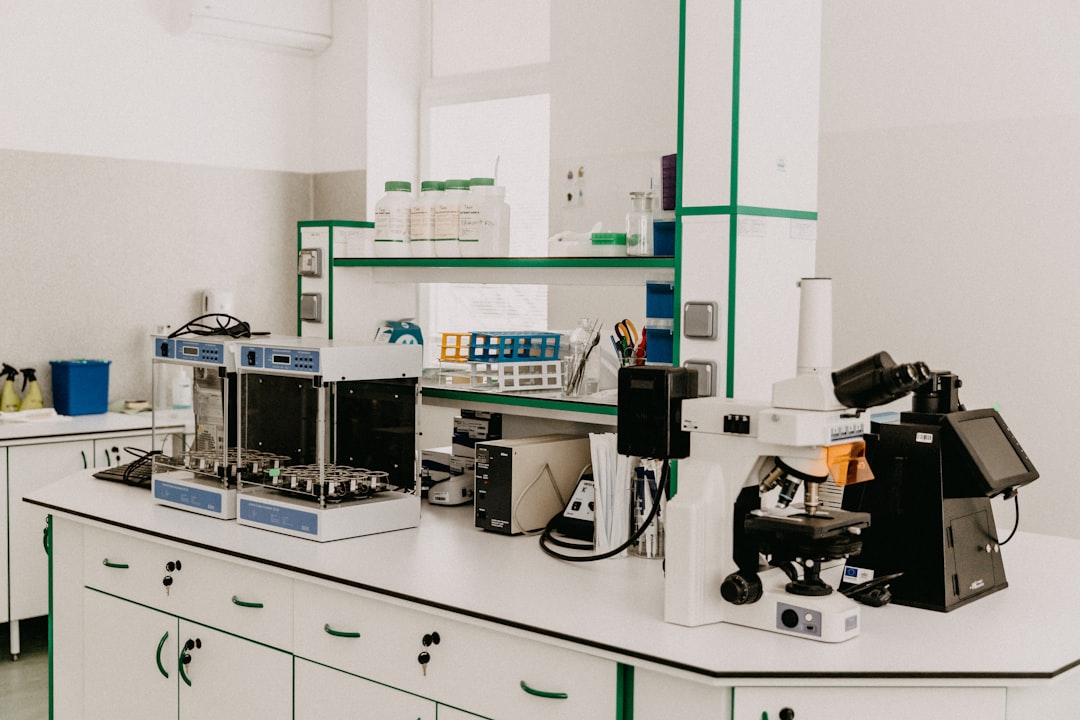
In the UK, the testosterone blood test is a common procedure used to assess androgen levels in both men and women. This test plays a crucial role in diagnosing various medical conditions related to low testosterone (hypogonadism) or identifying potential hormone imbalances. It’s important to understand that doctors may prescribe this test if they suspect underlying health issues affecting testosterone production, which can be caused by factors like age, certain medical conditions, or treatment side effects.
If you’re considering getting a testosterone blood test privately, there are several options available in the UK. You can visit private clinics or healthcare centres specializing in hormone assessments. The process is typically straightforward; a nurse or doctor will take a blood sample, usually from your arm, and send it to a laboratory for analysis. Costs can vary, but you can expect to pay anywhere from £50 to £200 or more, depending on the clinic and the extent of the service provided. Remember, while testosterone replacement therapy (TRT) might be recommended based on test results, it’s essential to discuss these options with a healthcare professional who can advise on the best course of action, considering both the potential benefits and risks associated with TRT.
Gather Necessary Documents and Prep Items
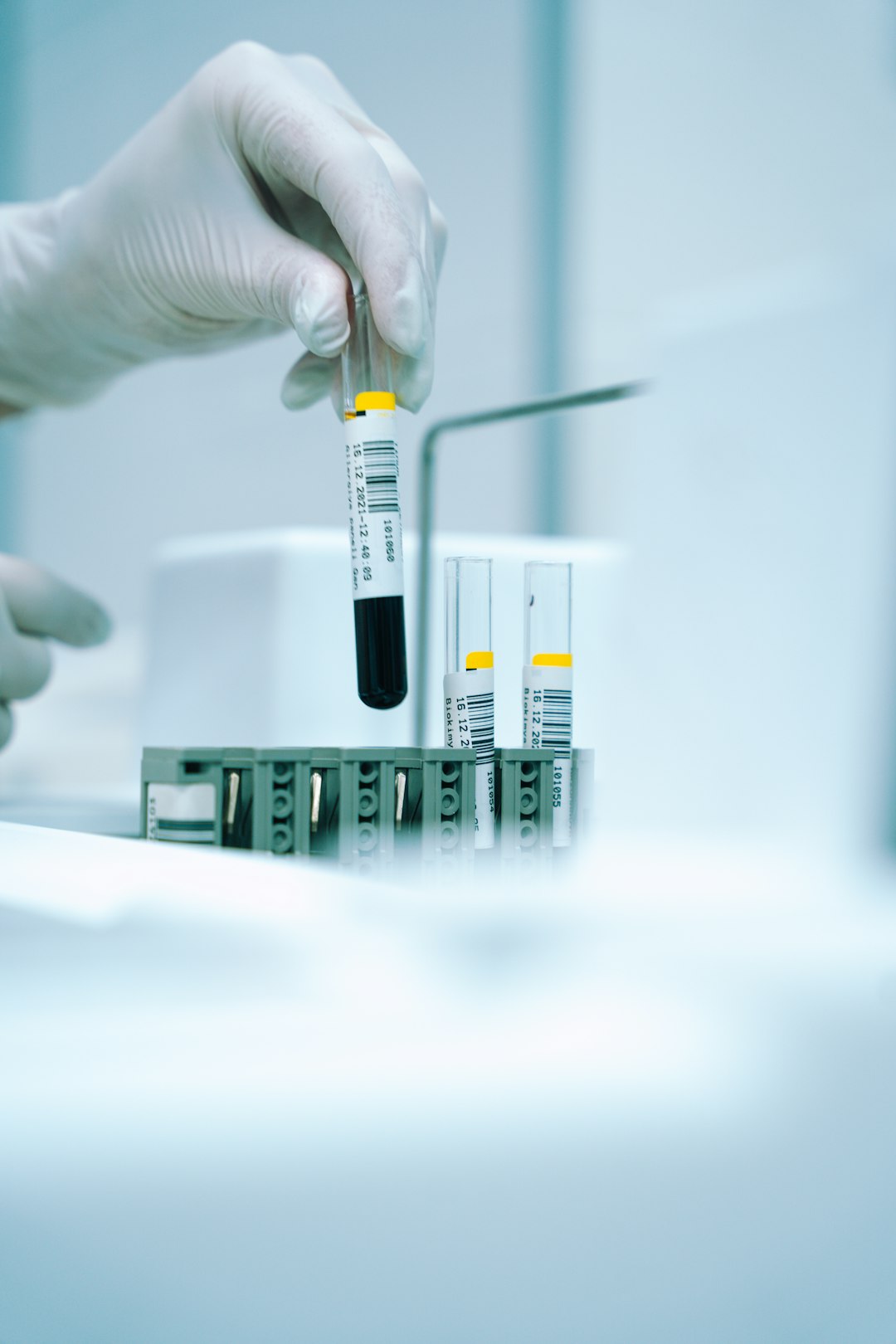
Before your testosterone blood draw in the UK, it’s essential to be prepared and have all the required documents and items ready. Firstly, gather any previous medical records or test results that could provide a baseline for comparison. These might include past thyroid tests or even a testosterone test at home, if you’ve previously had one. This information can be valuable for your healthcare provider when interpreting the current results.
Additionally, ensure you bring identification documents such as a passport or driving licence. Some clinics may also require proof of address and insurance details. For athletes considering a testosterone test for UK sports governing bodies, it’s crucial to follow specific guidelines; have these readily available to streamline the process. Remember, proper preparation can make your visit more efficient and ensure accurate results for your testosterone blood test UK.
Fasting Guidelines for Accurate Results
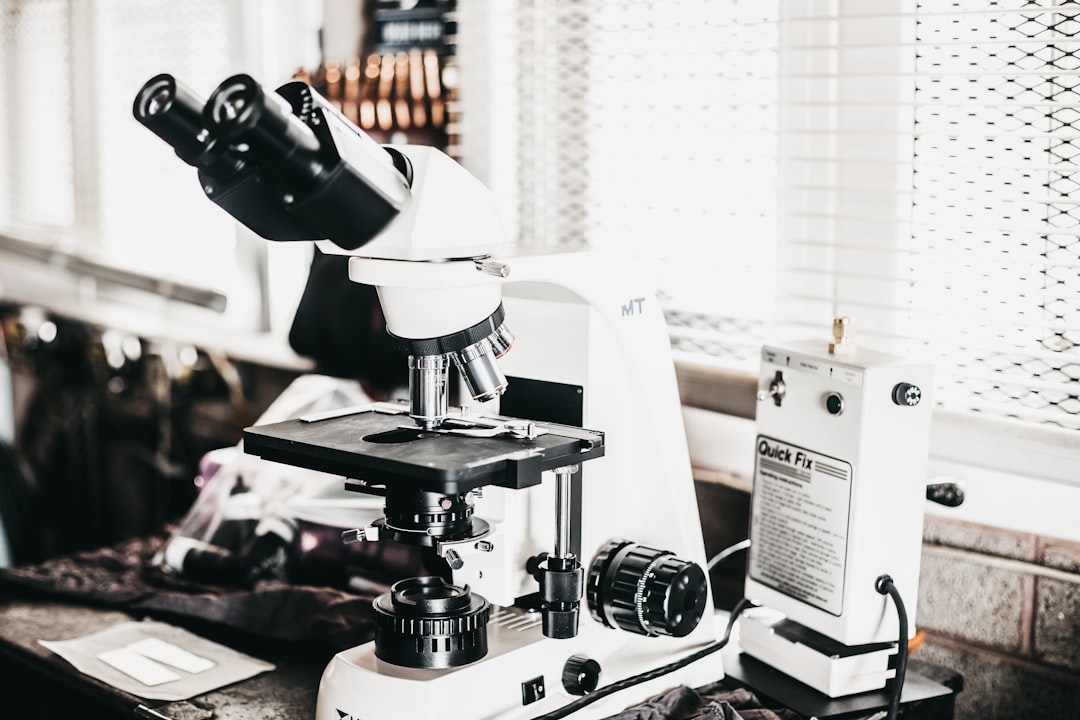
When preparing for a testosterone blood test UK, fasting is crucial to ensure accurate results. It’s recommended to abstain from food and beverages (except water) for 8-12 hours prior to the test. This period of fasting allows the body to focus on internal processes, providing clearer insights into testosterone levels. During this time, avoid any meals or snacks, even healthy ones, as they can interfere with the test accuracy.
Remember that while fasting guidelines are essential, other factors like stress and recent physical activity can also impact testosterone levels. To get the most reliable testosterone blood test preparation tips, it’s advisable to consult with a healthcare professional who can guide you through any specific instructions based on your individual circumstances and help you understand how to interpret testosterone levels test results explanation.
Locate and Prepare for the Blood Draw Site
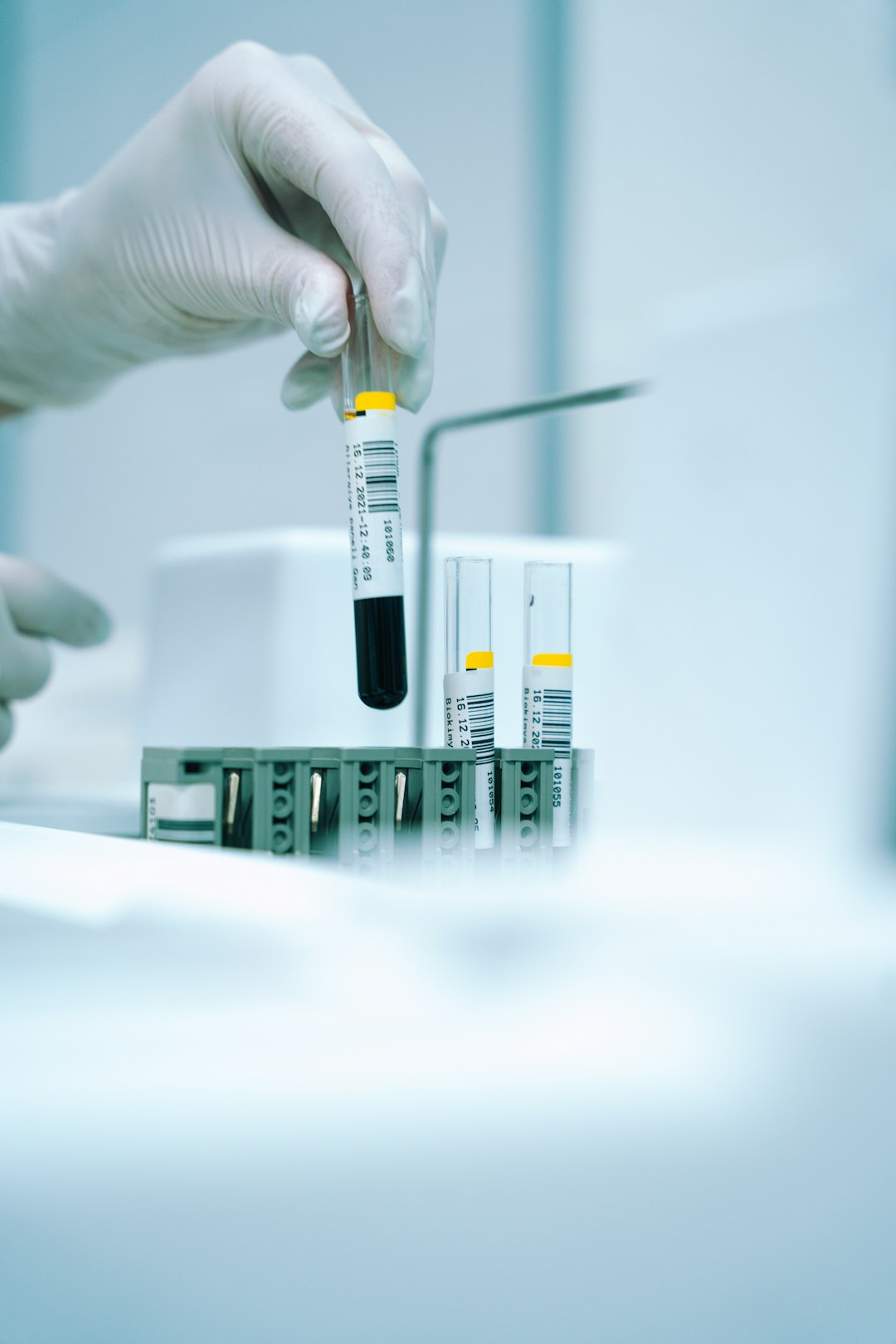
When preparing for a testosterone blood draw, the first step is to locate and prepare the ideal site. Many healthcare providers offer this service at their clinics or labs, so start by identifying a convenient location close to you. Consider factors like ease of access, appointment availability, and any specific requirements from your doctor. Some venues might require fasted states, meaning no food or drinks (except water) for a certain number of hours before the test, so ensure you’re aware of these guidelines in advance.
In the UK, testosterone blood tests are commonly used not only for medical assessments but also by athletes looking to monitor their hormone levels. If you’re considering a testosterone test online, remember that while home kits offer convenience, they might not be as accurate as a traditional lab setting. Consult with your healthcare provider or a specialist to understand the best approach for your needs, whether it’s for medical reasons or performance tracking.
What to Expect During the Procedure
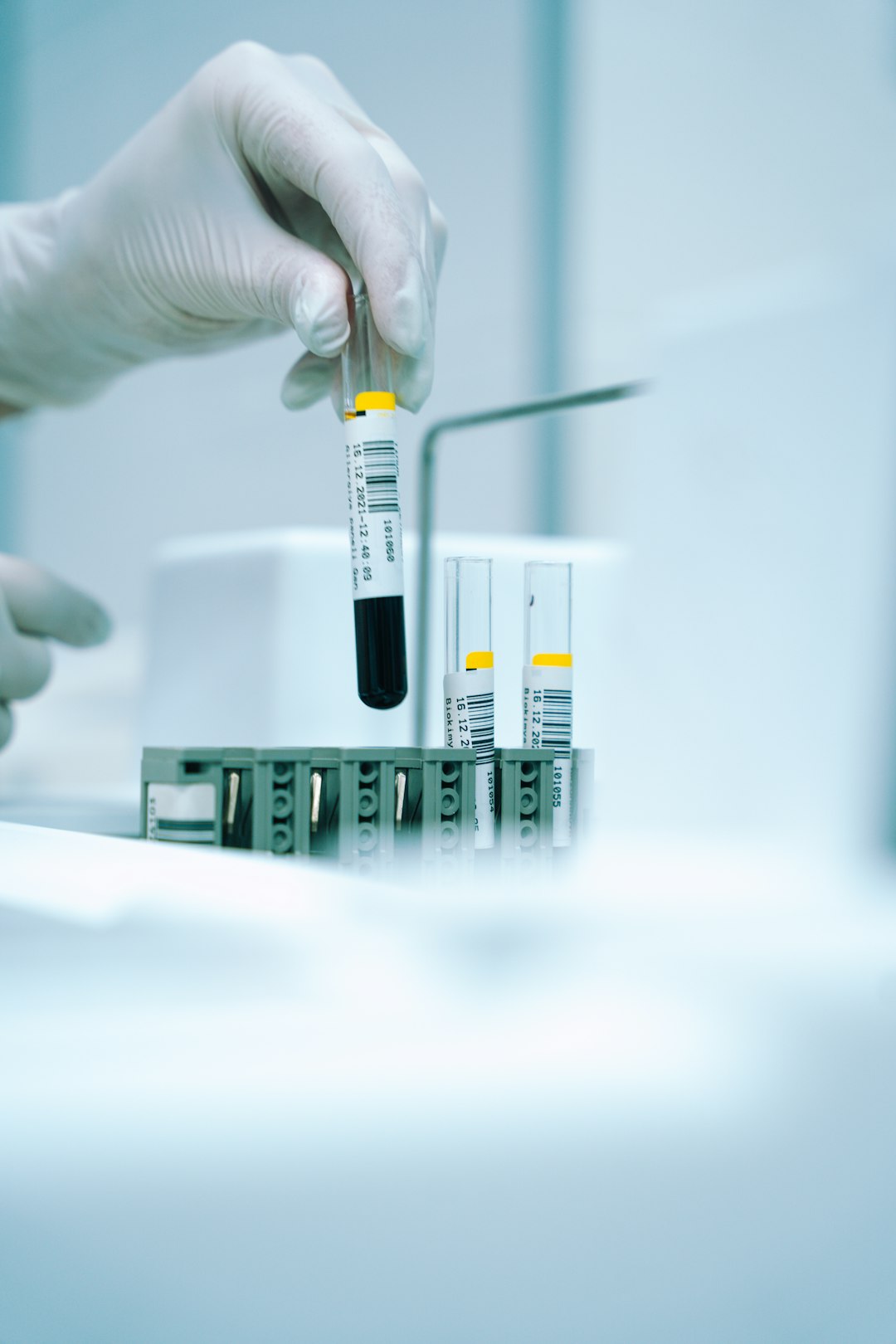
During a testosterone blood draw, which is commonly conducted in clinical settings across the UK, a healthcare professional will take a sample of your blood to measure your testosterone levels. You can expect the procedure to be straightforward and relatively painless. A nurse or phlebotomist (a specialist in drawing blood) will clean your arm with antiseptic and then locate a vein. They will insert a needle into the vein, typically in the inner elbow or wrist, allowing them to access your bloodstream. The process usually takes just a few minutes, after which they will remove the needle, apply a bandage, and you can go about your day.
While it’s not usually uncomfortable, some individuals may experience mild discomfort or a slight stinging sensation when the needle enters the vein. It is important to remain still during the procedure to ensure an accurate sample. The healthcare provider might ask you to hold your arm in place for a moment to facilitate blood collection. After the draw, they will dispose of the used needle safely and provide you with instructions on any aftercare, including how to handle the test results once received, which can offer valuable insights into your overall health and well-being, especially relevant for athletes considering whether testosterone testing is necessary for their performance goals or individuals simply looking to monitor their hormone levels.
Post-Test Care and Next Steps
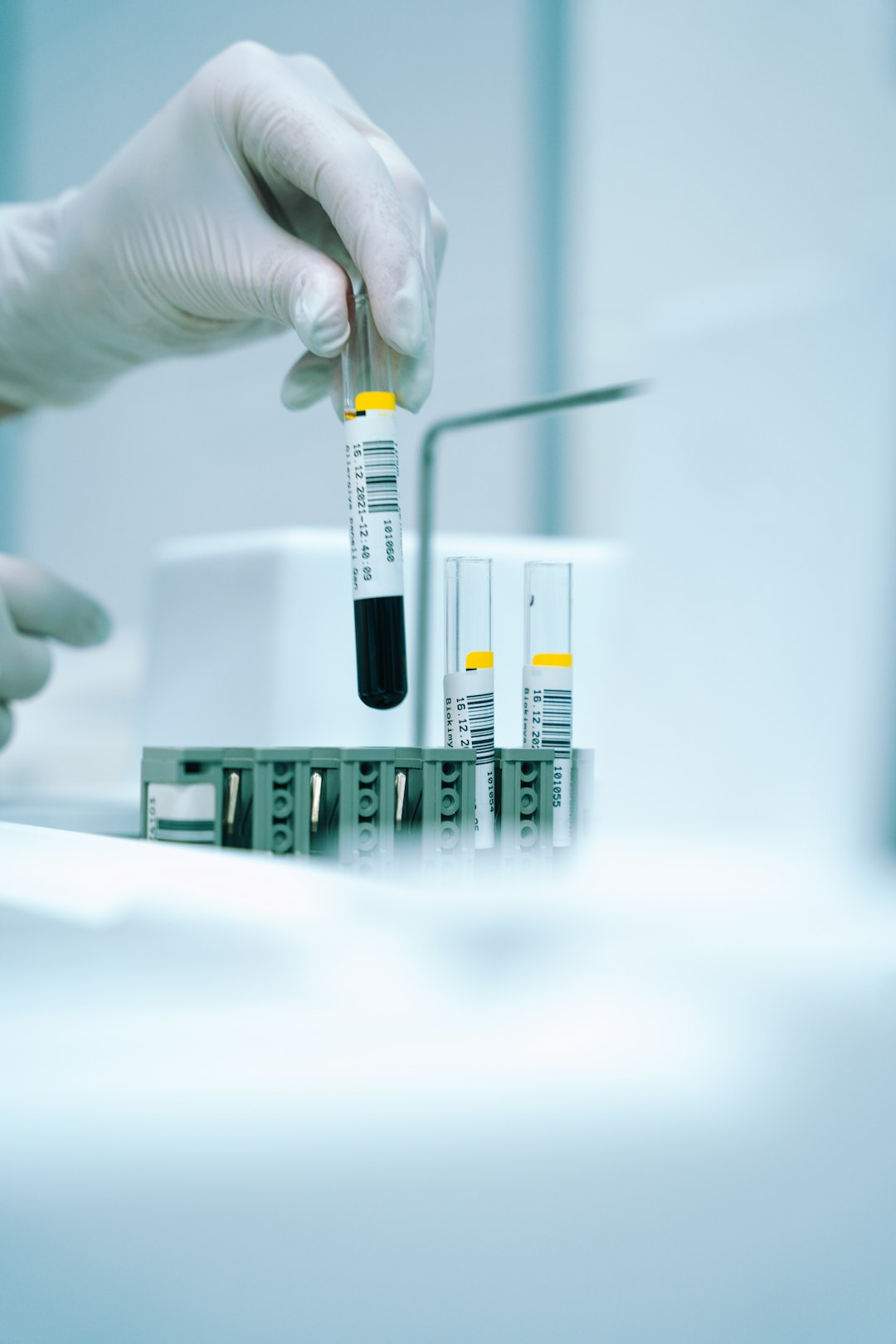
After your testosterone blood draw, it’s important to take care and understand what comes next. Firstly, ensure you rest and avoid strenuous activity for a few hours following the test. This is crucial as physical exertion can impact hormone levels temporarily.
The next steps involve waiting for your results, which typically take a week or less to process in the UK (NHS). If symptoms of too much testosterone in men are present, or if low levels persist, consult with your healthcare provider. They may suggest further testing or discuss testosterone replacement therapy side effects as a potential treatment option. Remember, proper care and monitoring are essential for maintaining hormone balance.
Preparing for a testosterone blood test UK is a straightforward process that involves some basic planning. By understanding the procedure, gathering the right documents, fasting appropriately, and choosing a convenient blood draw site, you can ensure accurate results. During the test, healthcare professionals will take a small sample of your blood, which is then analyzed to provide valuable insights into your testosterone levels. After the test, it’s important to follow post-test care instructions and consult with your doctor for further steps. Remember, proper preparation enhances the accuracy of your testosterone blood test UK results.
